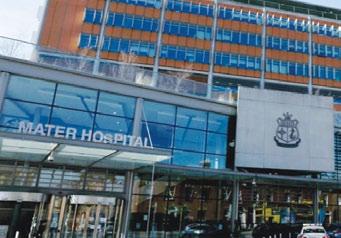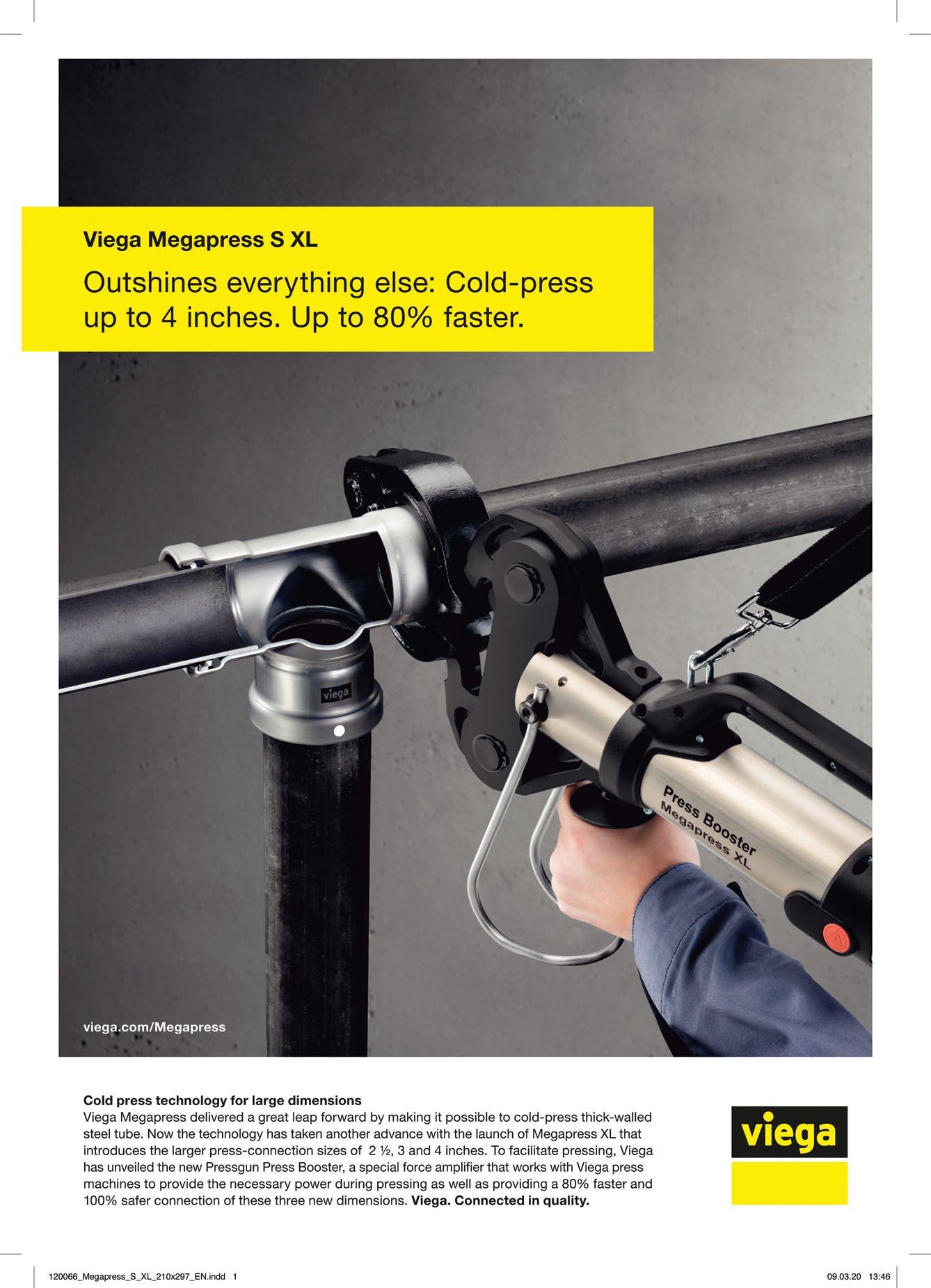
4 minute read
Technology spotlight Advances in technology
NeWS
TECHNOLOGYSpoTLighT
Advances in technology across industry
robots help nurses fight covid-19 in mater hospital, ireland
UiPath is launching a pro bono automation project with the Mater Misericordiae University Hospital in Dublin. The initiative will see software robots assigned to the Infection Prevention and Control (IPC) Department at the Mater. This development will significantly reduce the administrative strain placed upon the department by multi-drug resistant organisms or viruses such as Covid-19, enabling IPC nurses to spend more time with patients. The project will see the Mater offered free trial robot licenses for the IPC Department until the end of the year.
With data being automated through software robots, the information will be processed in a fraction of the current time, disseminating patient results in minutes. It will save the infection control department three hours per day, 18 hours per week and 936 hours a year which they can now spend managing the current Covid-19 pandemic.
As a result of Covid-19, the Mater expects to receive hundreds of swabs and microbiology tests in the coming months which the software robots can assist in rapid processing. The results can then be distributed to healthcare workers rapidly and essential infection prevention and control measures can be put into action.
Jincy Jerry, Assistant Director of Nursing, Infection Prevention and Control, MMUH, said: “Given that IPC nurses spend close to 30% of their day with administrative tasks, for the past few months I have been looking at ways to make software robots part of our daily jobs. With the Covid-19 pandemic unfolding now, it is crucial that all frontline staff are freed up as much as possible to spend time with patients and deal with this outbreak, rather than being in front of computers.”
“As we’ve already seen, alongside the public playing their part in physical distancing, fast diagnosis and appropriate self-isolation are crucial to preventing the spread of Covid-19. We’re confident that the project we’re embarking on will help mitigate the huge strain this outbreak is putting on healthcare organisations – not just in MMUH, but across Ireland.”
Mark O’Connor, Public Sector Director Ireland at UiPath, said: “Infection Prevention & Control is critical to help people stay healthy, and while Covid-19 is top of mind, this project will continue to deliver benefits long term. At this time of heightened stress and anxiety, it’s vital to free up doctors and nurses’ time for patients wherever it can be done.”
“Robotic process automation minimises, if not removes, the need for people to carry out repetitive, rules-based admin work – speeding up processes and ensuring they’re error-free. With a robot for every nurse approach, essential frontline staff will be freed to be nurses and not system administrators, being able to focus more on the quality of care – which can make a real difference when it comes to treating patients in times of need.” visit: www.uipath.com
Building A Supercomputer To Fight COVID-19

Helio AG, creator of an open platform that connects idle data centre compute to enable the quick and cost-effective execution of large-scale workloads, has announced that it is making its compute delivery network available free of charge for any research organisation, laboratory, university or other computer-intensive applications.
In an effort to support the international research community, Helio is announcing that it will open its entire compute infrastructure free of charge to anyone working on COVID19 and related research or applications. This empowers these organisations with the extra computing power needed to more effectively and quickly model solutions to help fight the COVID-19 pandemic.
Researchers around the world are quickly trying to understand the virus and develop an immunisation programme. What in earlier days would have been done with hundreds of manual experiments in laboratories is now often done with the aid of computers. Testing billions of combinations of substances and simulating the virus’s response requires an incredible amount of computing resources — especially when it’s needed on short timelines. To aid this process, Helio’s proprietary platform is rapidly connecting data centres across Europe to help researchers get the computing resources they need.
The Helio platform connects a network of individual data centres to more efficiently perform computing tasks, such as the rendering of 3D films and animations or the simulation of physical phenomena.
Kevin Häfeli, Founder and CEO of Helio, notes, “Switzerland is very much affected by the virus, and we started to wonder how we can help. We have worked with research organisations in the past and know that often the availability of computing resources is a key challenge. To do our bit, we will open up our network for anyone to use and make our team available to help connect computing tasks on short notice.”
Helio says it is currently connecting more and more data centres across Europe. Operators such as SysEleven in Berlin and Ops One in Zurich have already started connecting their infrastructure to Helio, making their spare capacity available.
Christoph Buchli, CTO of Helio says: “Even though there is a surge in demand for digital services, many data centres still have a lot of unused capacity that we can make available via Helio. We will be connecting more and more data centres over the coming weeks and months.” visit: https://helio.exchange/












